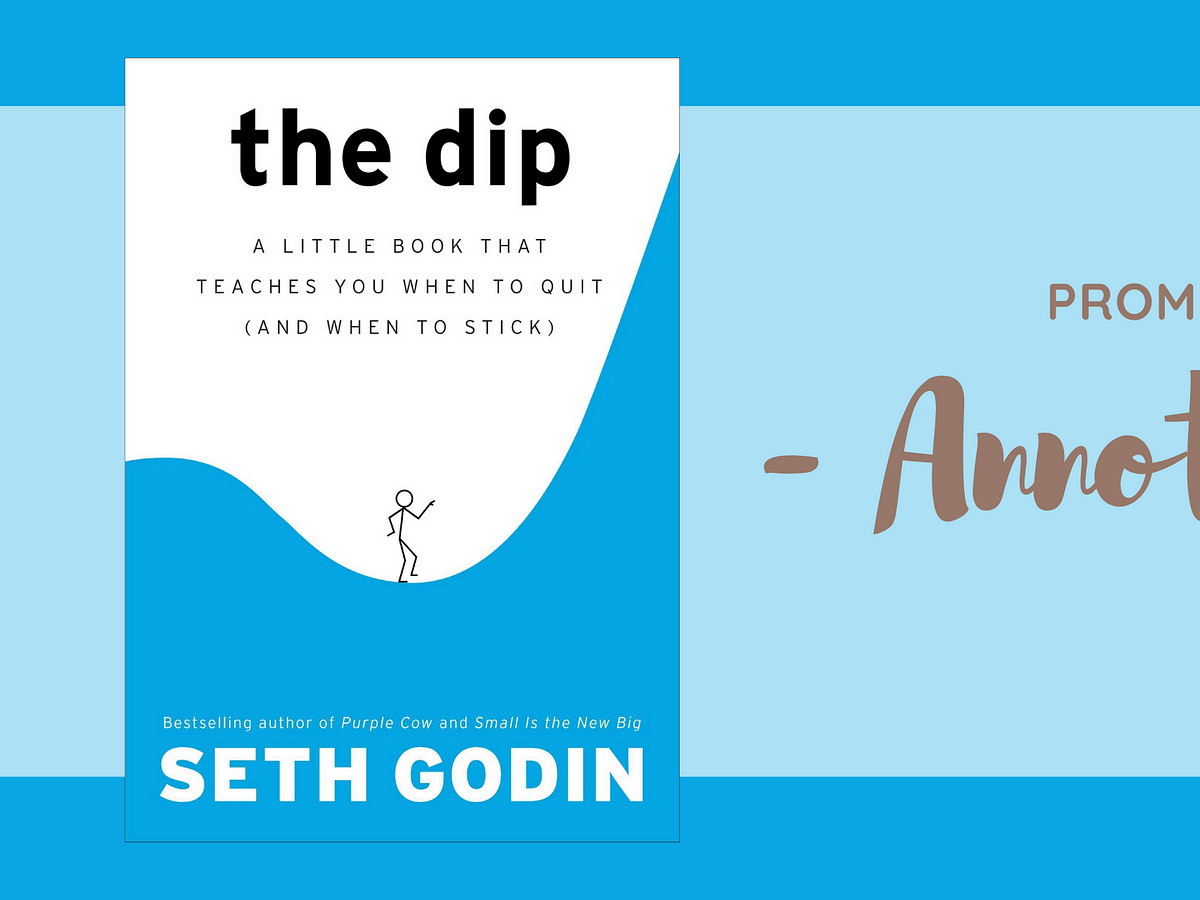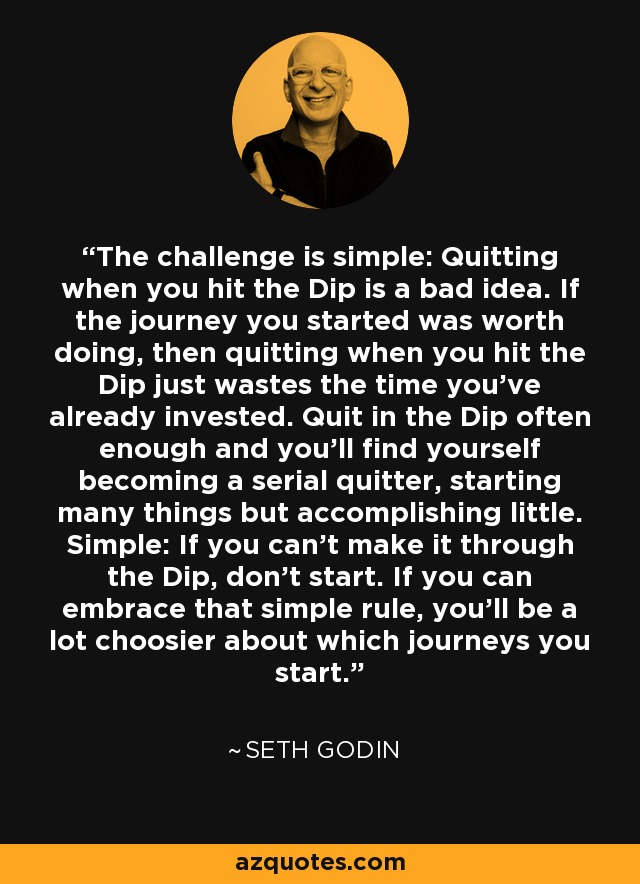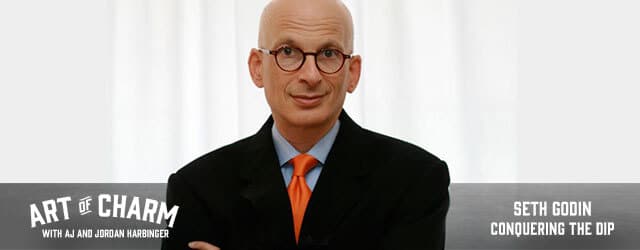
I told her it wasn't fair to her and the kids that I was spending so much time on my daily writing. My wife saw the title of the article I was working on. (Yes, I actually stopped writing mid-word.) I've learned a lot from the experience and I have plans to continue writing regularly in the future. In fact, I still have a draft article that I started writing 9 months ago titled, "Hiatus." It starts like this: I have been publishing a daily article here since September 1, 2020. I could always come back to it later, I told myself. I decided it was time to take a break from my daily writing routine. I had nothing to show for what I had been doing. I decided at that point that I had had enough. The benefits lagged far behind the costs. ( I should say, though, that from the very beginning, the act of writing and publishing did sharpen my thinking and deepened my understanding of a great many topics.) I was spending roughly 20 hours per week beyond my normal work time writing these articles. I was averaging 15 daily visitors to my blog. I had been writing every day for five months.

By February of this year, I had published over 150 articles. It's very lonely at the beginning, and it requires a lot of upfront work before you see any payoff. Since most people spend the majority of their time on only a single social network, there is very little audience overlap. Every time I click Publish on a new blog post in my self-hosted Ghost account, a corresponding post is created on the following platforms: I pay for the $20/month Zapier Starter plan. One thing that has helped tremendously is automating the process as much as possible. With a daily email, you can forego all of those extras. I realize now why Jonathan Stark recommends a daily email as a writing routine, rather than a daily blog post. Part of this is all of the extra pieces that go into the format I've chosen: I generally write in the evenings after the kids (the younger ones, anyway) are settled in bed. Each article takes between 1-3 hours (depends on how many rabbit holes I end up going down while researching). To this point, I've been writing outside of my regular full-time hours. I started composing an answer in the comments, but it got so long I decided to make it its own post. How have you learned to accommodate this with everything else (career/family/etc.)? it's got to be a logistical load on your day and life.

“That idea that we can become passionate about our work as opposed to expecting our work to give us passion makes us way more flexible, gives us way more leverage, allows us to move forward.In my MVP announcement post, Mark Burns asked the following question in the comments section: I am curious, and have been meaning to ask you about your daily writing here. “What makes us happy is agency, knowing that we have some sort of control over what’s going to happen in our life.” “People who have the hubris to dream of something bigger, change the status quo.” Seth reveals the impact he wants to have on the world. Seth shares why you should create your passion instead of finding it. Tom and Seth discuss being born with talent vs. Seth talks about learning from rejection and failure during his journey. Seth details the real power our decisions have on our happiness. Seth breaks down the status quo mentality and why it needs to be challenged.

Start learning on Skillshare today at /impact Impact Theory is proudly sponsored by Skillshare. Impact Theory is proudly sponsored by Audible.

#BILLIONS REFENCING THE DIP BY SETH GODIN HOW TO#
Seth Godin shares his insights on how to make choices that align with the life you want on this episode of Impact Theory with Tom Bilyeu. He once turned down a job offering a billion dollars in equity because he knew it wouldn’t change his life for the better. More than being the best-selling author of books like Linchpin and Tribes, or the disruptive founder of Squidoo and Yoyodyne, Seth Godin is a teacher of how to live a life beyond the status quo.


 0 kommentar(er)
0 kommentar(er)
